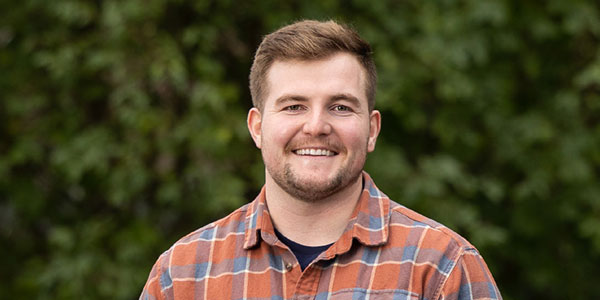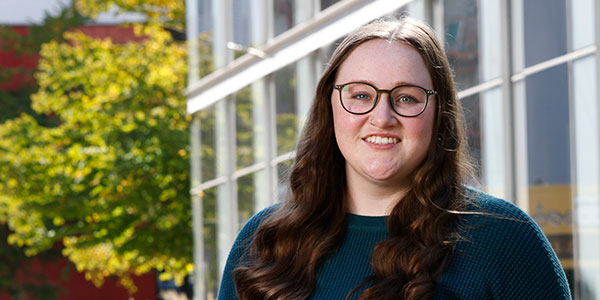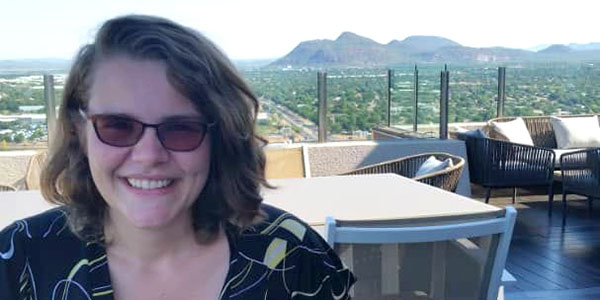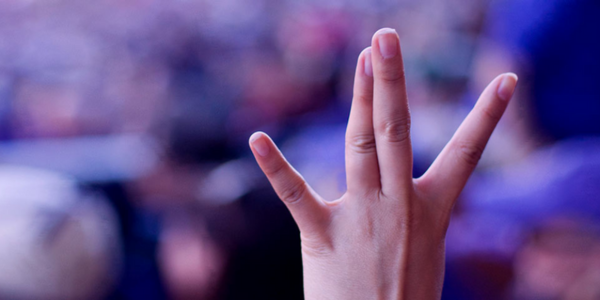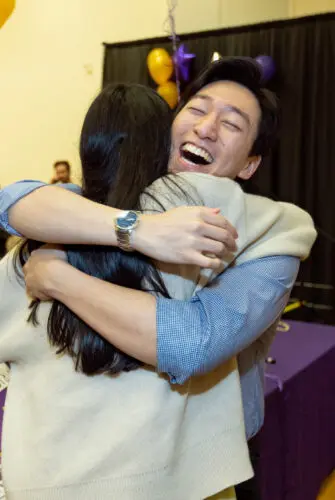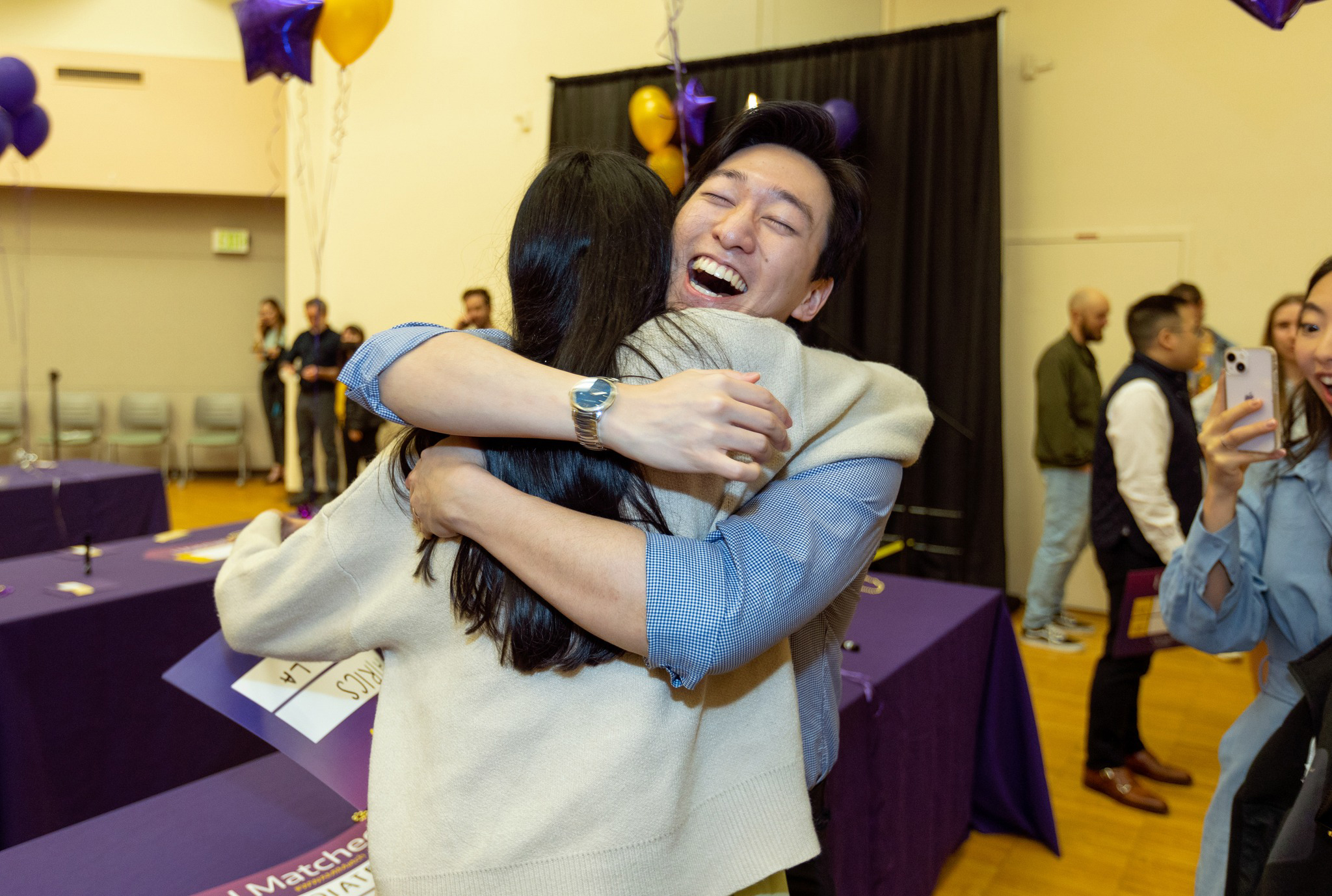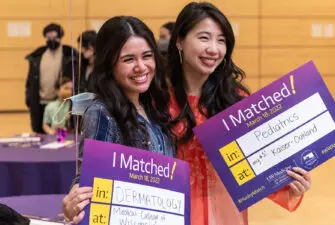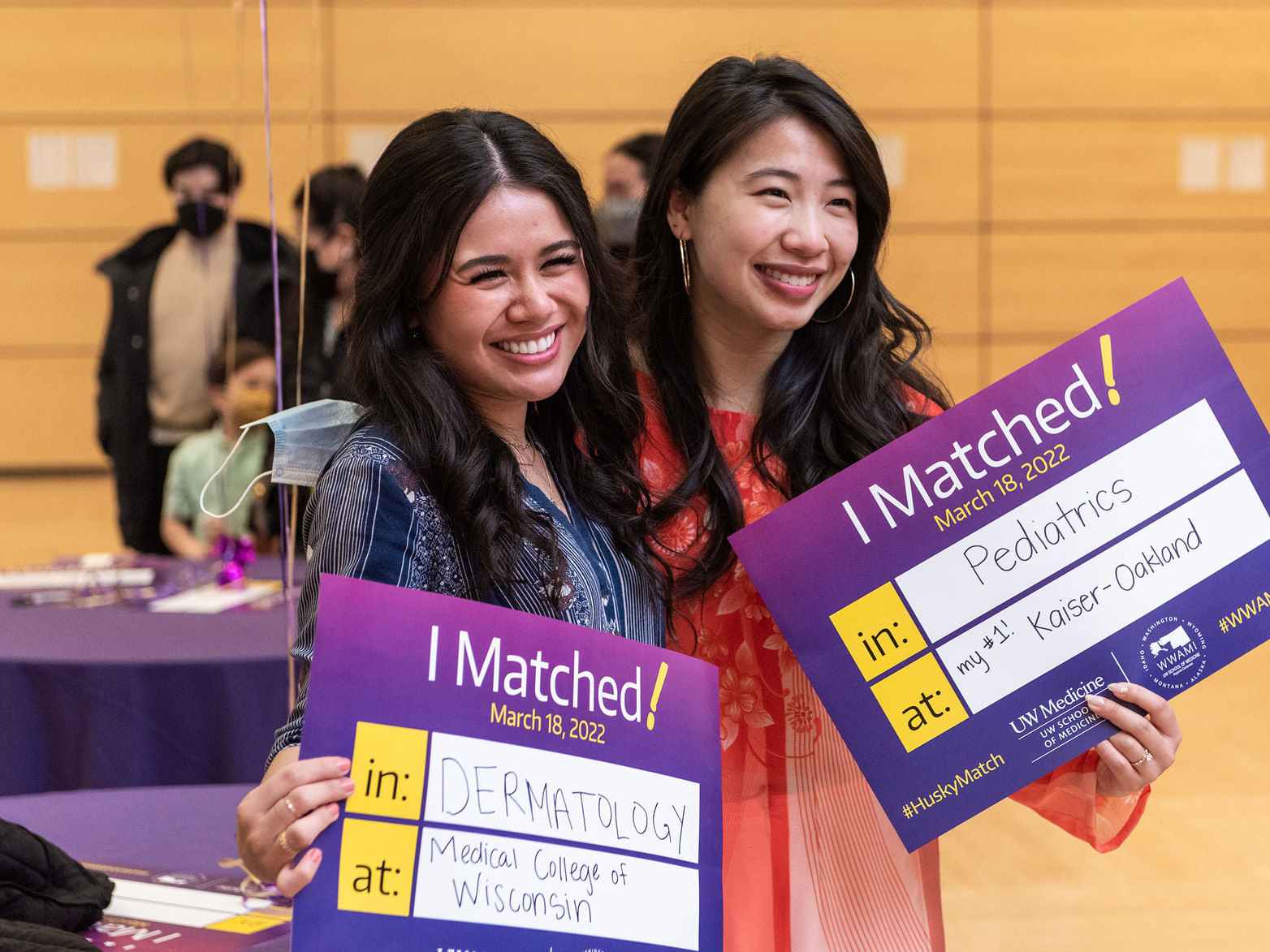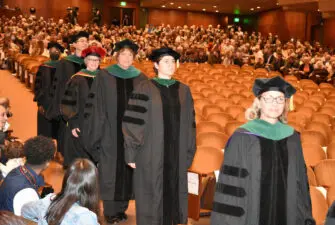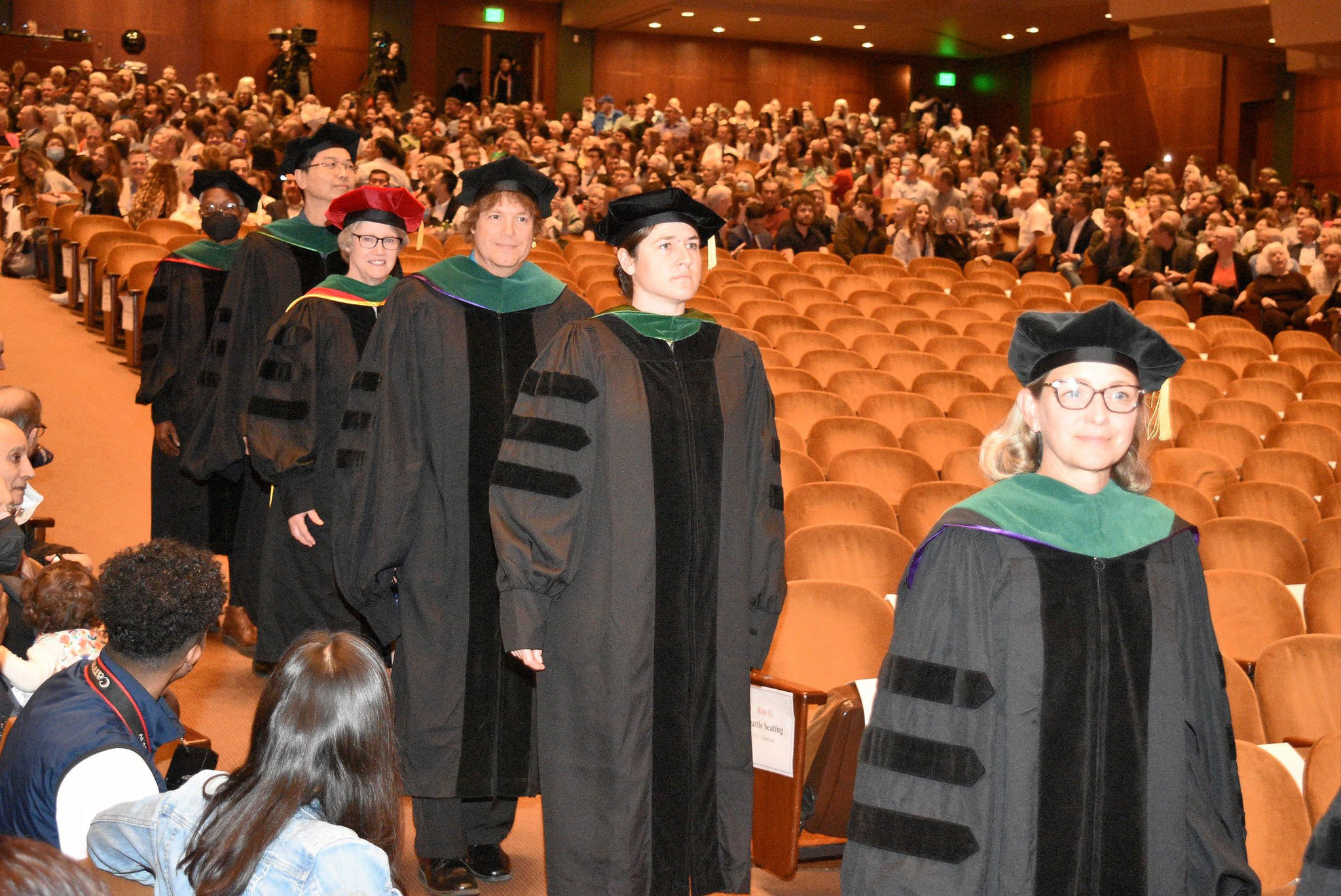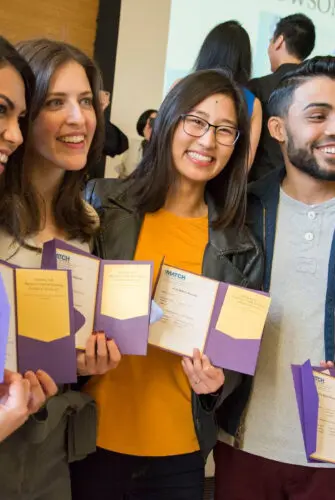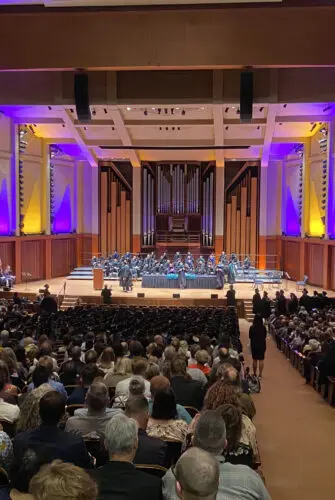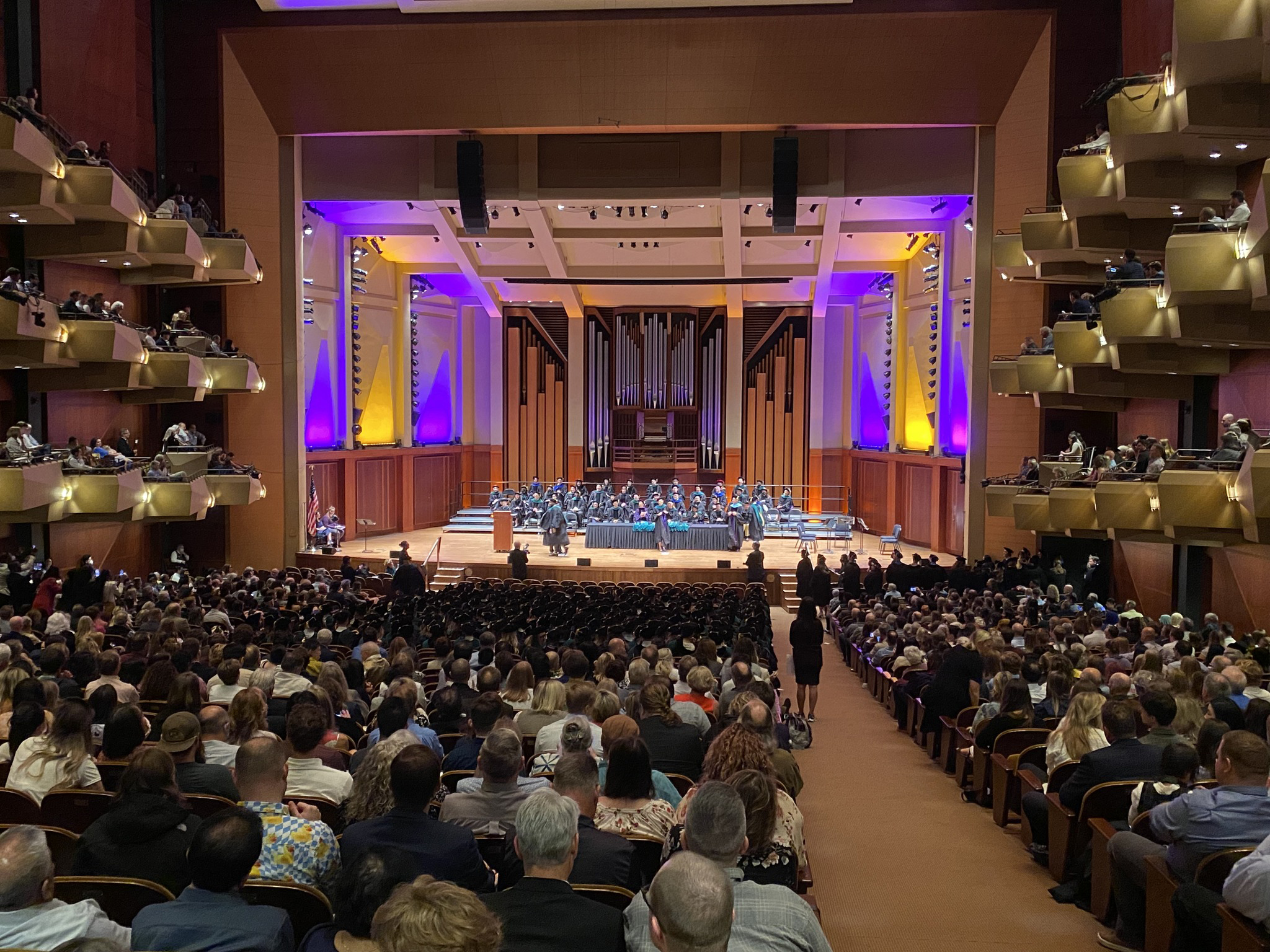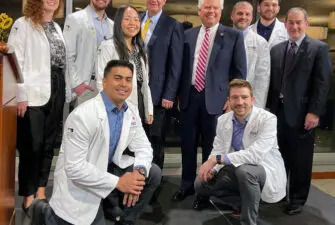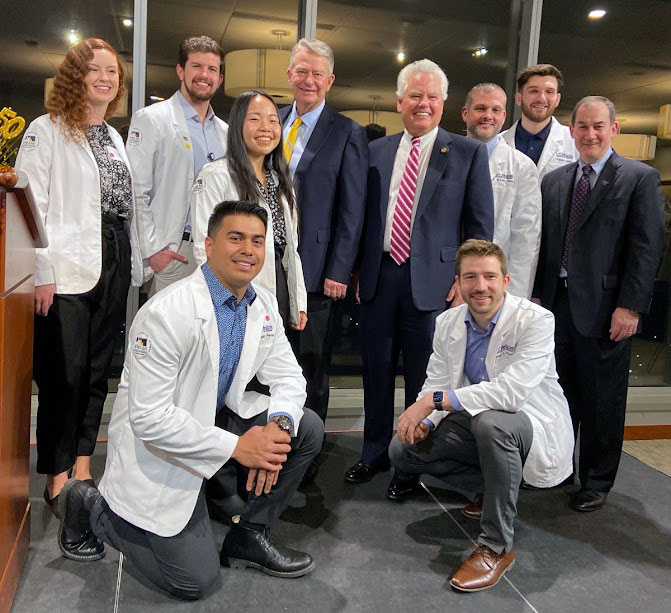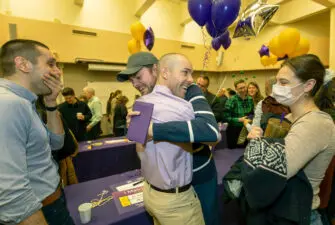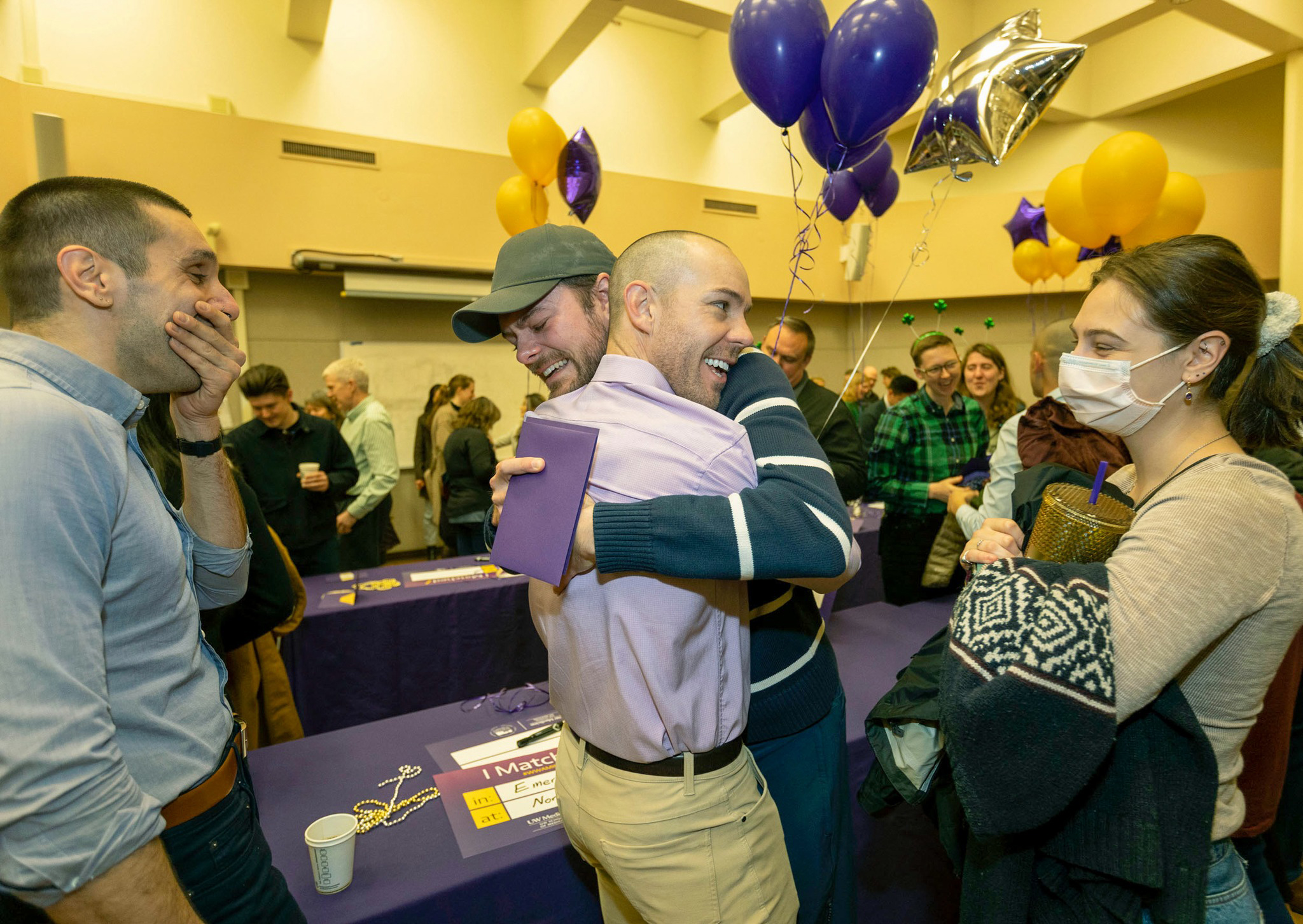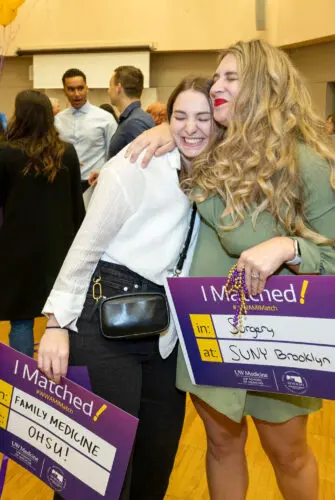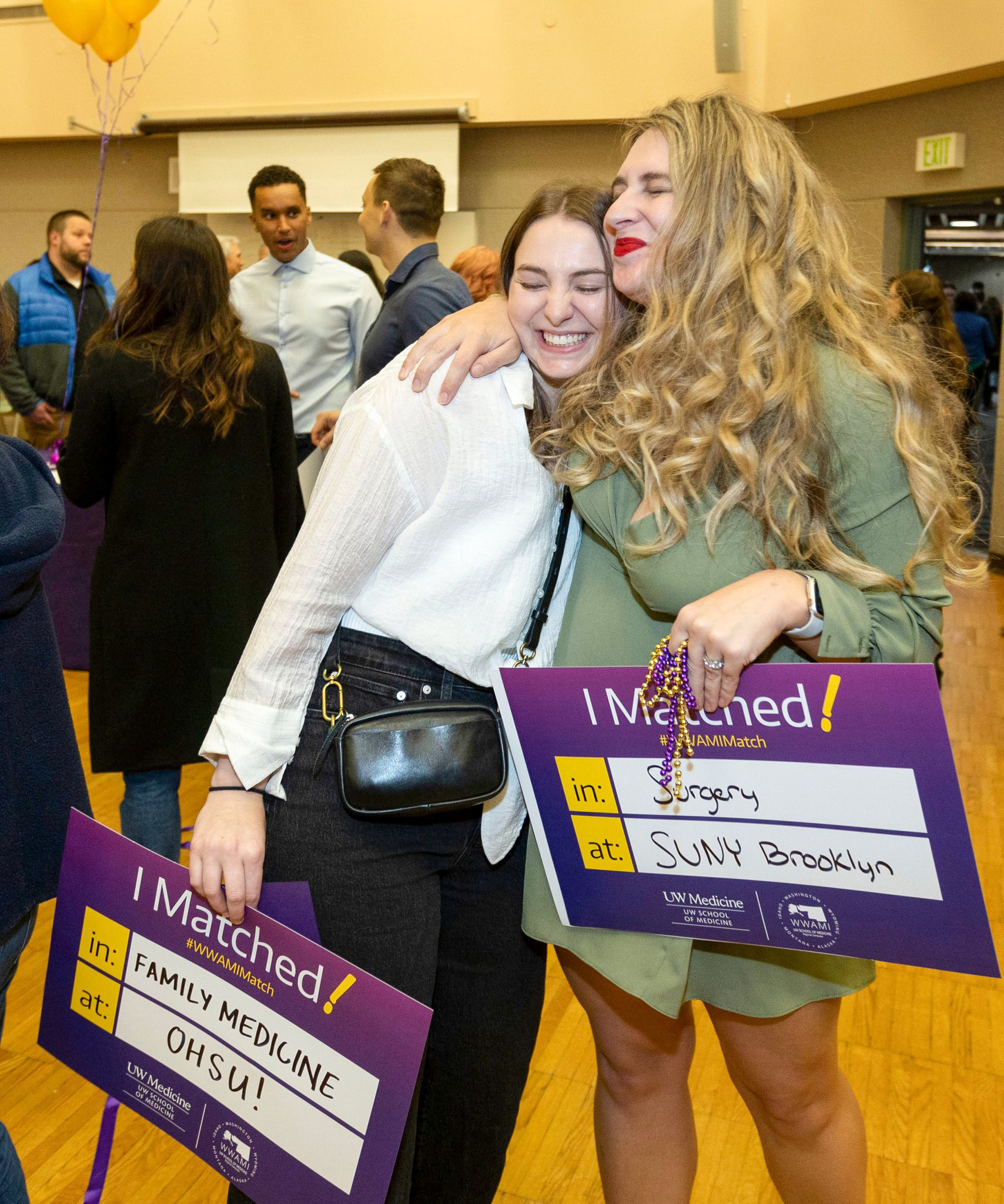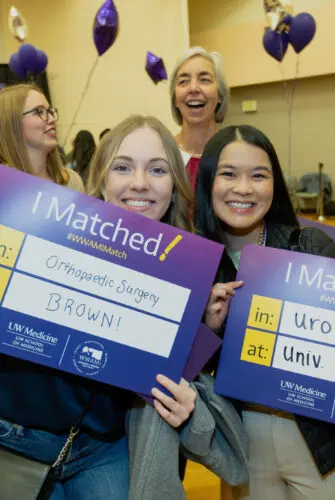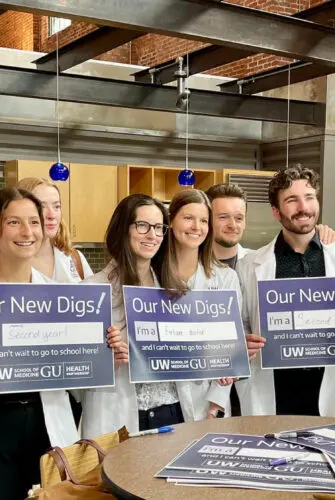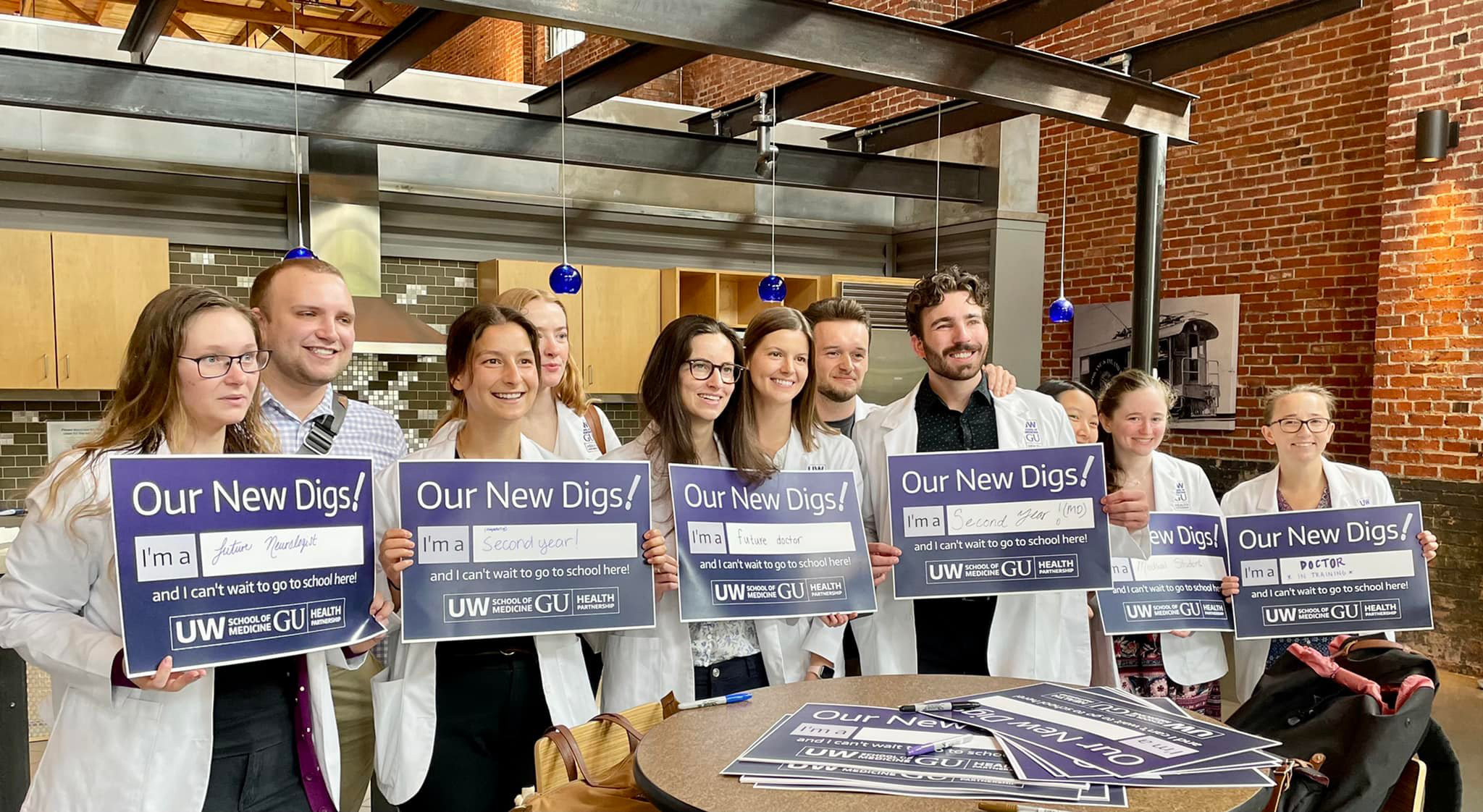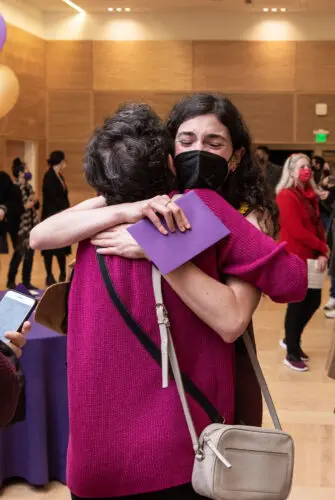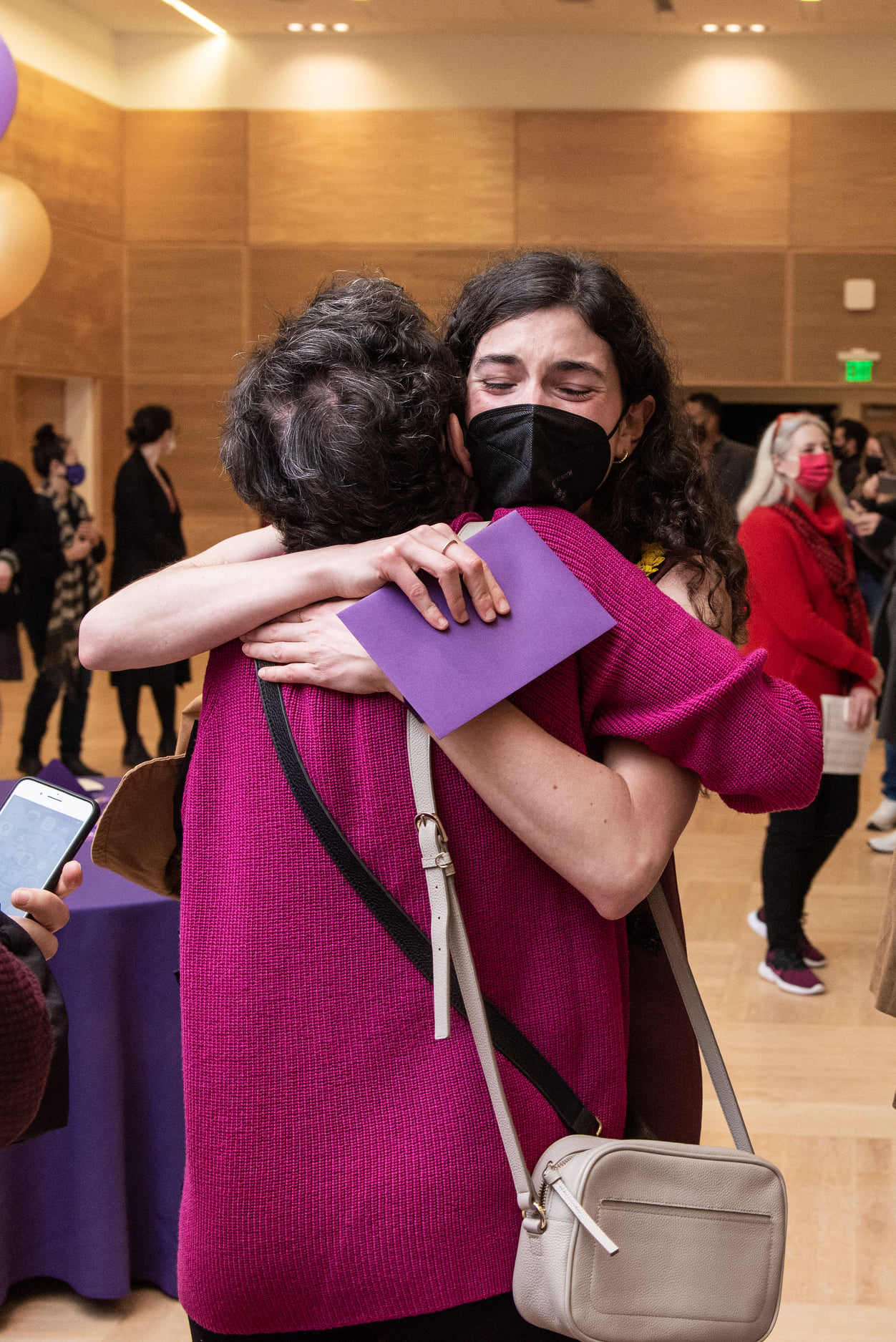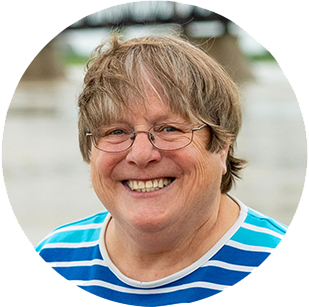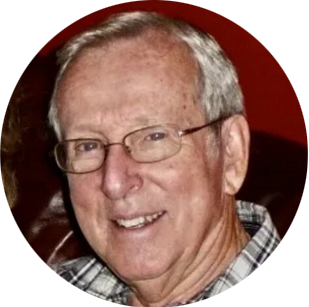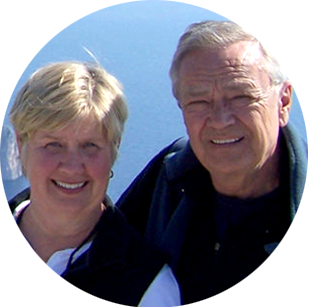Your generosity helps train tomorrow's physicians and improves the health of our WWAMI region
Thank you for your generous support of scholarships, which is making a meaningful impact on aspiring physicians and the health of our families, communities, region and world.
I invite you to explore this webpage, where we share inspiring student stories that capture — in their own words — how your giving is helping the next generation of physicians.
Not only are you helping students overcome the financial barriers to pursuing a medical degree. You’re also offering them the opportunity to choose careers in family and primary care medicine and/or work in underserved communities across the WWAMI region where providers are desperately needed.
We’re so grateful for your generous investment in the next generation of physicians and the health of our communities!
With gratitude,
Tim Dellit, MD
Chief Executive Officer, UW Medicine
Executive Vice President for Medical Affairs and
Paul G. Ramsey Endowed Dean of the School of Medicine, University of Washington

